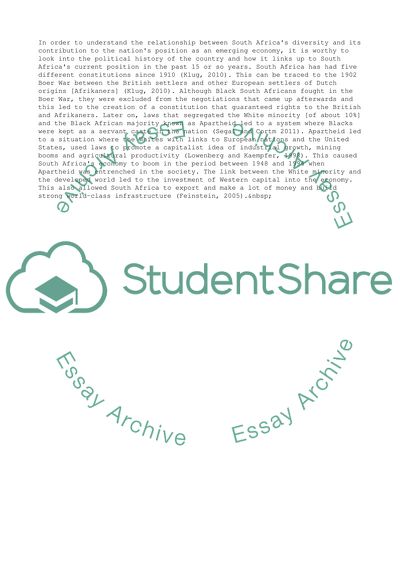Cite this document
(“Essay on International business in South Africa”, n.d.)
Essay on International business in South Africa. Retrieved from https://studentshare.org/business/1402438-international-business
Essay on International business in South Africa. Retrieved from https://studentshare.org/business/1402438-international-business
(Essay on International Business in South Africa)
Essay on International Business in South Africa. https://studentshare.org/business/1402438-international-business.
Essay on International Business in South Africa. https://studentshare.org/business/1402438-international-business.
“Essay on International Business in South Africa”, n.d. https://studentshare.org/business/1402438-international-business.


